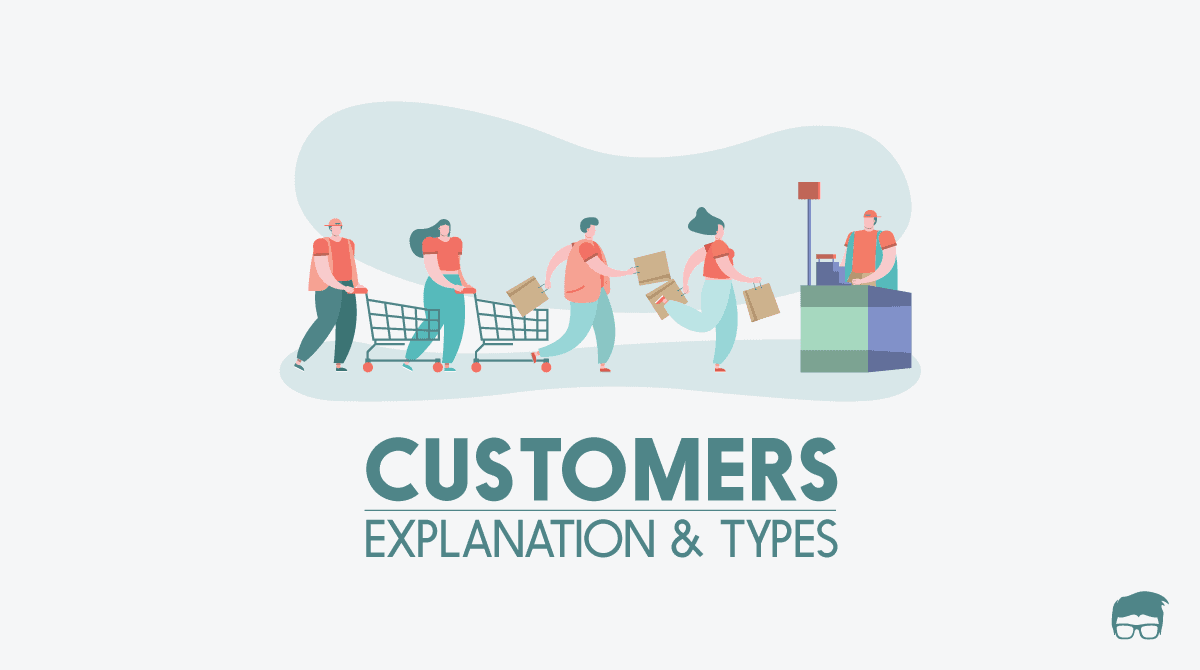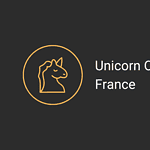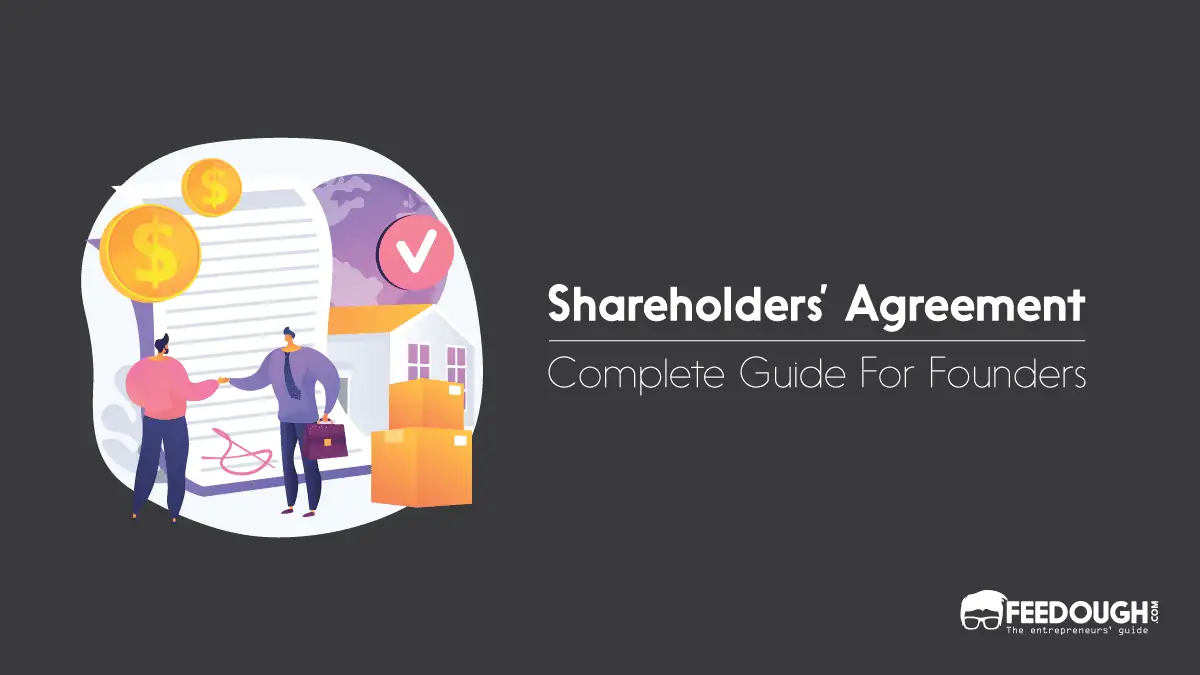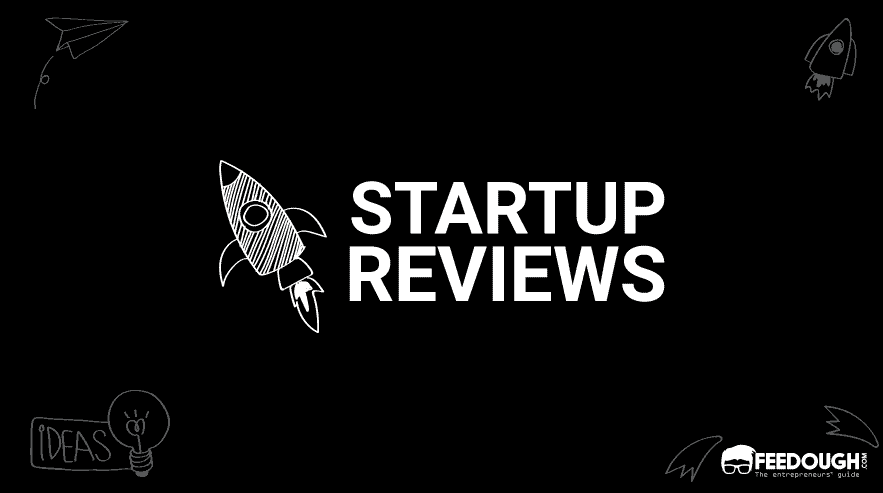A business operates in a highly dynamic business environment. If today’s business environment be compared with the environment a thousand years ago, almost everything has changed except two parties – the sellers and the customers.
Earlier, when the resources were not fully used and modes of communication were not that developed, sellers used to rule the market. They used to develop an offering, market it, and the demand was generated.
Today, however, it’s the other way round. It’s the customer who rules the market and who decides the fate of the sellers.
But what is a customer? Is customer same as consumer? What are the types of customers?
Let’s find out.
Customer Definition
A customer is the recipient of an offering or offerings obtained from a seller via a financial transaction or an exchange of something of value.
Elaborating this definition of customer leads us to the following key-phrases –
- Recipient of an offering: A customer can be a business or an individual who receives the offering. He can consume the offering, sell it again, or use it to develop a different offering.
- Via a financial transaction or exchange of something of value: The term customer is used only when the seller gets something of value in return for his offering. It could be monetary or non-monetary. If nothing is offered in return, the receiver is termed as giftee and not a customer.
A simple definition of customer would be –
An individual or a business that purchases an offering via exchange of something of value.
Customer vs. Consumer
Even though used synonymously, the terms customer and consumer differ considerably.
Customer | Consumer |
|---|---|
An individual or a business that purchases an offering via a financial transaction or an exchange of something of value. | An individual or a business who is the end-user of the offering purchased by the customer. |
For example, John purchased candy for his daughter. Here, even though John is the customer, the actual consumer of this offering is his daughter.
Importance Of Customer
Customers are the building blocks of any business. If a business does not have customers, then it might not as well exist. All businesses aim at increasing their profits by attracting more and more customers because they are the sole source of revenue to them. Their importance can be highlighted using the following points:
- Lifeblood Of Business: Customers are responsible for the demand for any product or service. If there is no demand for a product, the producers of such products or the providers of such services will have no reason to do business.
- Source Of Revenue: Customers buy a product or a service and pay a price for it in monetary terms. This price that they pay is the revenue for the business, which is necessary for running a business. Revenue is also necessary to cover up the costs of running the business and earn a little extra (profit).
- Helps Business Achieve Its Goal: The primary objective of a business is to survive in the market, earn profit and grow over the years. Customers help the business in achieving these goals by contributing to profit and acquiring new customers by recommending products or services to them.
- Sole Reason For Business Growth: Customers help in growing the business not only by providing money in the form of profits but also by helping the business attract more customers.
- Responsible For Development Of The Offering: Every growing business continuously strives to develop its product. Customers help it to achieve this objective by providing feedback in the form of survey responses, changes in demand, etc. according to which the product or the service is moulded to meet their needs.
Types Of Customers
Every customer has a different objective with which it approaches the business. Understanding the different types of customers and their particular needs can be helpful to the business. Thus, customers can be divided into different types on the following basis:
- Customer Objective
- Brand Loyalty
- Sales Generated
- Origin of the Customer
- Behaviour & Personality
On The Basis Of Customer Objective
Every customer has a different objective of buying a good or a service or interacting with the seller. Therefore, customers can be divided into the following types on the basis of their objectives:
- Price Buyers: These customers are interested in buying goods or services only at the lowest possible price. They don’t care about the quality of the product but only the money that they will be taking out of their pockets in exchange for the product or service.
- Relationship Buyers: Relationship buyers are concerned about the relationship with the seller. They want to build trust between the two of them and are looking for relationships where they can depend on each other.
- Value Buyers: These type of customers are concerned about the value that the product or service adds in their life. This could be through better efficiency, lower costs, better quality, etc. They can be convinced to buy a particular product or a service by telling them how exactly the seller’s product adds value to their portfolio as compared to other sellers’ products.
- Poker Players: Poker players are looking for something and display something else. They act as if they care more about the quality when in reality they are after the price of the product or the relationship that can be developed between them and the seller.
On The Basis Of Brand Loyalty
Brand loyalty is a hard feat to achieve. But any business that succeeds in acquiring it can guarantee years of success to itself. Customers can be divided into the following three types on the basis of the brand loyalty they possess or display:
- Loyal Customers: These customers belong to the most loyal breed of customers. They won’t switch the product or service they presently use in any case. Selling at even zero price or providing the best quality product in the market, they will buy the product from only one seller forever.
- Disloyal: Disloyal customers are self-centred. They are not loyal to any seller. They are just looking for products that fulfil their needs. They can be convinced to buy a product by offering them the maximum value.
- Partly Disloyal: These kinds of customers agree to buy any product if it is offered to them at a price lower than the one they are currently paying. They don’t care about the quality or the product value but how much money do they need to give to the seller.
On The Basis Of Sales Funnel Stage
Different types of customers support the business through its sales funnel in different ways. They can be thus, divided into:
- Potential Customers: Potential customers are not yet the customers of the business but they fall within the target market and there are high chances that they might become a customer someday.
- New Customer: New customers are customers that have recently made their first purchase from the business.
- Regular Customer: Regular customers make purchases from the brand repeatedly or often. They are well-versed about the brand and its offering and act as a good source of word of mouth marketing.
On The Basis Of Origin Of The Customer
Customers approaching a seller might originate from inside as well as outside the organisation. Therefore, they can be divided into the following two types:
- Internal Customer: Internal customers are the employees that work within the organisation but act as customers for the product.
- External Customers: They exist outside the organisation and depend on the business for consuming or reproducing a good or service.
On The Basis Of Customer Behaviour
Every customer has a different personality which directs their customer behaviour. They can be divided into the following four types on the basis of their behaviour and personality:
- Directors: This type of customer is demanding, authoritative and likes to take charge in every situation. They are in search of the best deal possible which often includes demanding the best quality product at the lowest price possible. They are aware of what they want and when they want it. They often come out as intimidating but all they are looking for is facts and short and relevant talk.
- Analysts: Analysts look for more than what is being presented. They do thorough research and analysis before making a decision. They are the ones who can even go through a hundred-page manual just to make sure that their decision is well informed and not taken in haste.
- Relators: They look for a group which they can fit in or relate to. They have a huge network wherein they know someone who knows someone who further knows someone, thus forming an inexhaustive network from where they can get whatever they want. The only thing that they demand in the market is to be included, either by asking them for their opinion or by taking their inputs while making decisions. This group of customers can help in spreading positive information about the product or service through their extended network.
- Socialisers: Socialisers do not just look for a one-time purchase of a product or a service. They are outgoing, love to make friends, socialise and despise small talk. They will buy a particular product or a service based on how much do they like the seller. Facts, Figures, Long Descriptions don’t attract them, and neither does loyalty, they look after their own self interest and it is important to build relationships with them to ensure their continuous support.
Go On, Tell Us What You Think!
Did we miss something? Come on! Tell us what you think about our article on types of customers in the comments section.
A startup consultant, digital marketer, traveller, and philomath. Aashish has worked with over 20 startups and successfully helped them ideate, raise money, and succeed. When not working, he can be found hiking, camping, and stargazing.









